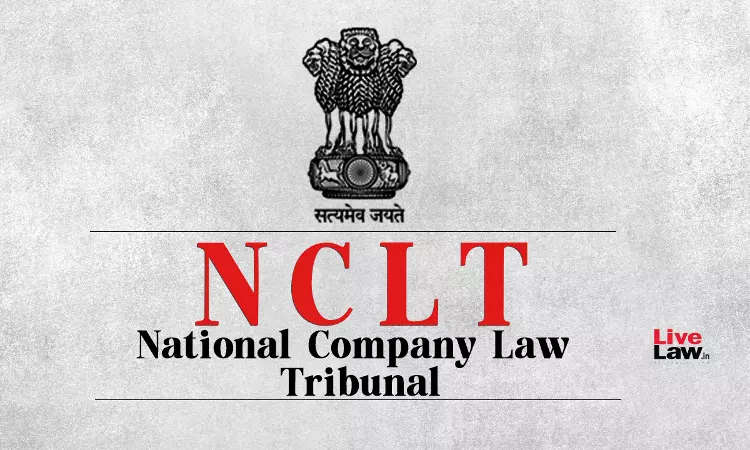NCLT Kolkata: Provisions Of IBC Shall Override The Section 29 Of State Financial Corporation Act, 1951
Sachika Vij
13 Oct 2023 7:00 PM IST

Next Story
13 Oct 2023 7:00 PM IST
The National Company Law Tribunal (‘NCLT’), Kolkata Bench comprising of Mrs. Bidisha Banerjee (Judicial Member) and Mr. Balraj Joshi (Technical Member), allowed the application filed in Pankaj Tibrewal Resolution Professional of Dutta Agro Mills Pvt. Ltd. vs. West Bengal Industrial Development Corporation. The application was filed by Pankaj Tibrewal, Resolution Professional (RP)...
